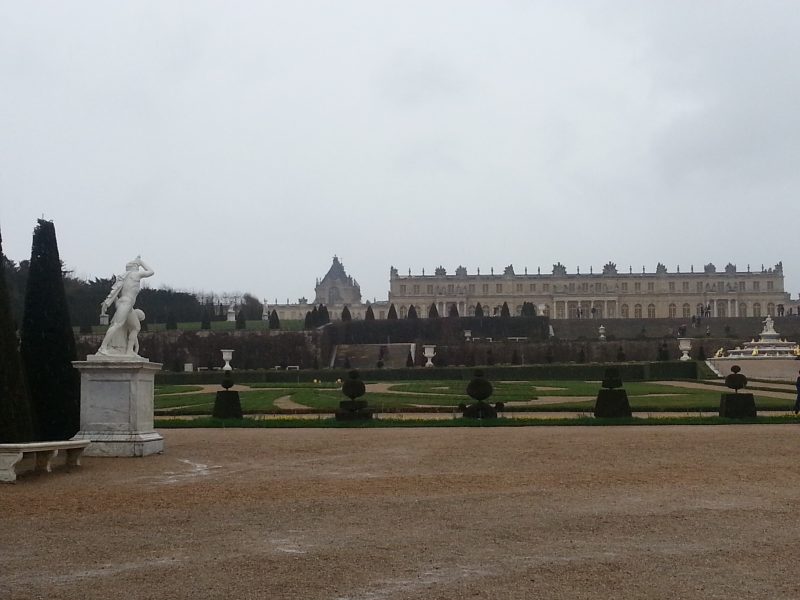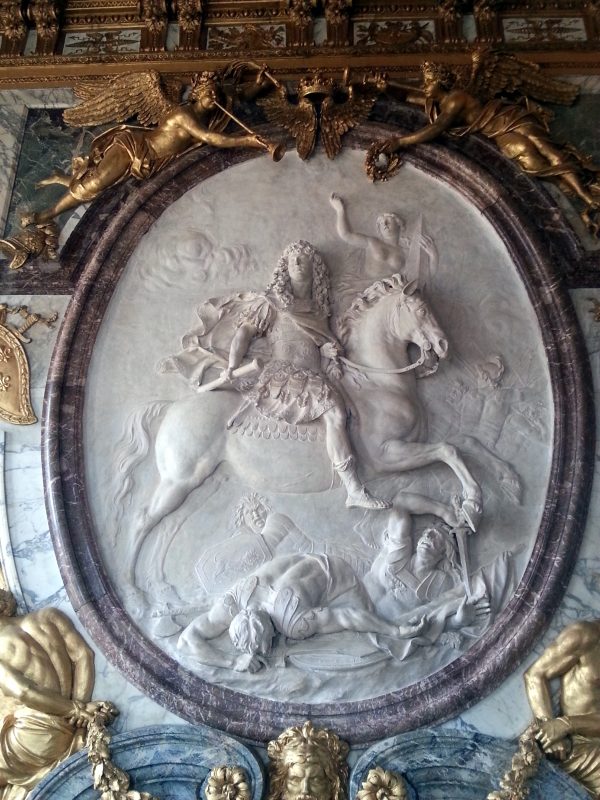It was on this day 300 years ago, on 30 November, 1718, that Charles XII of Sweden, one of the heroes of the Versailles Century (1682-1789), was killed in action. He was only 36.
Charles XII came to the throne early, succeeding his father, Charles XI, in 1697. He was only fifteen at the time. As a young man, we was nordically handsome, with a lush mane and piercing blue eyes. Charles initially reigned under a regency, but only 7 months after his accession he assumed full power.

Charles XII in his youth. Credit — by Michael Dahl — Nationalmuseum, Domaine public, https://commons.wikimedia.org/w/index.php?curid=52121845
Charles XII was a dedicated soldier who soon led Sweden into the Great Northern War (1700-1721), a lengthy and ultimately ruinous conflict. In the early stages, it went well for Charles and Sweden. The young king won a number of brilliant victories and managed to impose the king of his choice on Poland — Louis XV’s future father-in-law Stanislas Lesczcynski — as well as strengthening his position in the Baltics. In 1709, however, he was decisively defeated by Peter the Great at Poltava, in what we now call Ukraine. This defeat was to mark a watershed in the history of eastern and northern Europe: the Swedish empire, which had dominated the lands around the Baltic Sea for 200 years, came to end, and the Russian empire took its place as the regional hegemon.



















